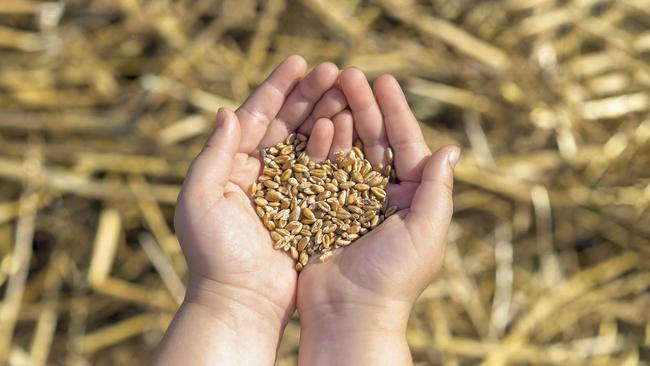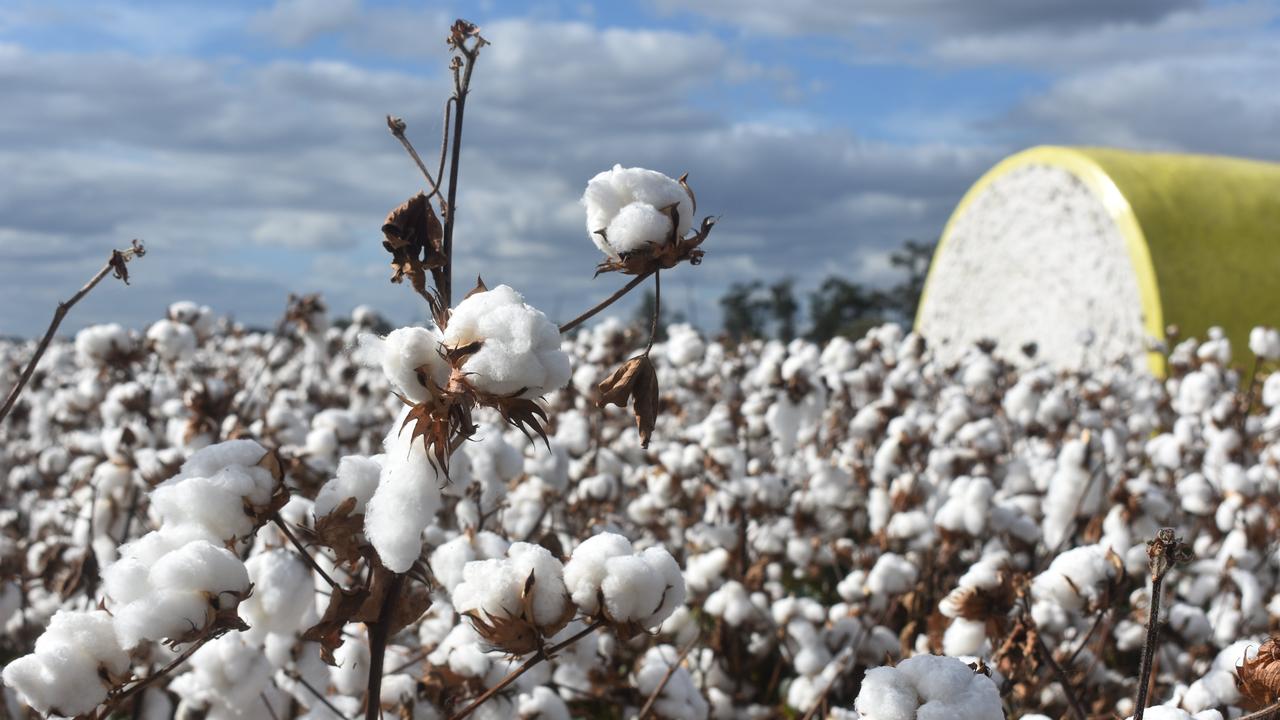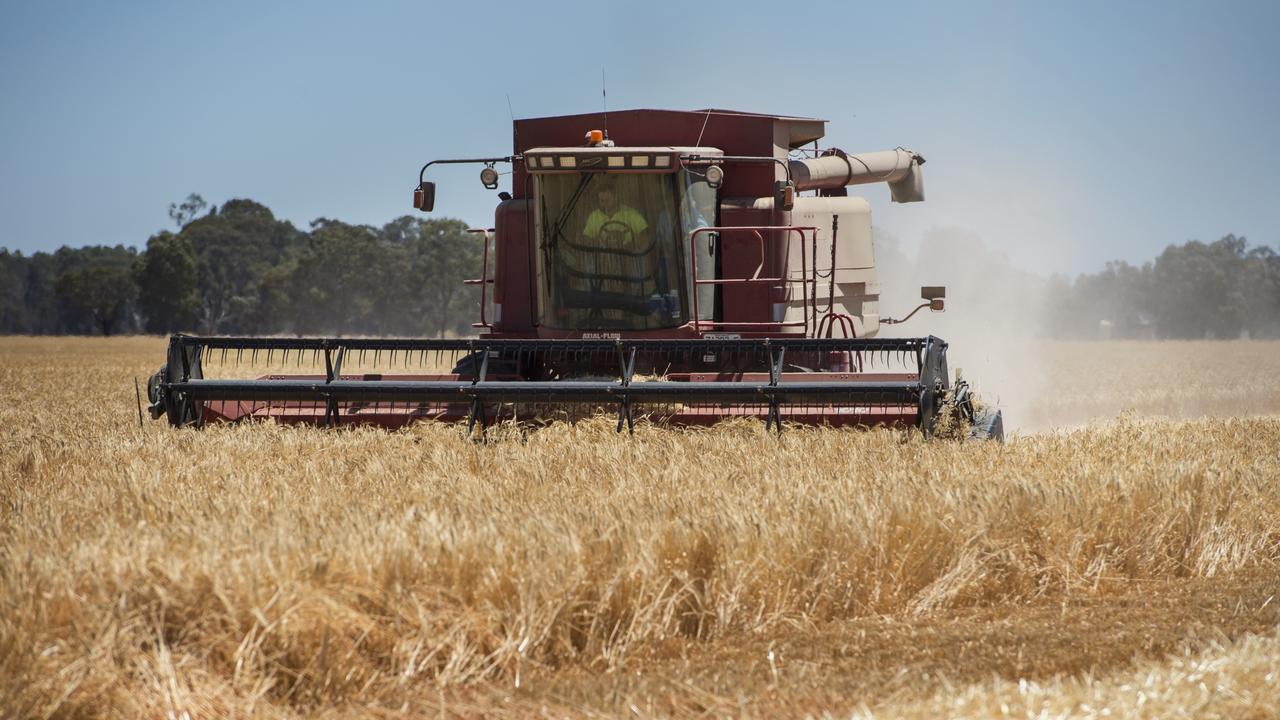Australian wheat production to bounce back
Australian wheat production is predicted to increase significantly on last year’s drought affected crop, this month’s WASDE shows.

AUSTRALIAN wheat production is expected to rebound about eight million tonnes on last year.
The prediction comes from this month’s World Agricultural Supply and Demand Estimates report, which expects international supplies to increase 23.2 million tonnes to 982.4 million tonnes, with Australia forecast to have the biggest increase for 2020-21.
The report indicated Australian production was predicted to reach 24 million tonnes, up from 15.2 million tonnes in 2019-20.
“Australia is projected with the largest increase from last year, up 8.8 million tonnes as it recovers from a multi-year drought,” the report said.
The WASDE expects Russia to lead world wheat exports for 2020-21, at 35 million tonnes with Argentina, Australia, and Canada also forecast to be higher.
However, Europe, Ukraine, and the US are lower.
Following the release of the WASDE, July 2020 Chicago Board of Trade prices dropped, recording US502c a bushel late last week. The previous week it was US523c a bushel.
Commonwealth Bank market analyst Tobin Gorey said the fall was in part a reaction to the WASDE report as large ending stocks for the 2019 and 2020 season were predicted.
But most of the drop came from dry conditions experienced in three northern hemisphere wheat crops.
For Australian wheat prices, Mr Gorey said ASX July 2020 contracts fell modestly.
“Prices have dropped from their peak price in April, and this is due to confidence in eastern Australia crops,” he said.
Late last week, ASX July 2020 prices were at $369 a tonne, compared with $375 the previous week.
MORE: RAIN DAMPENS SOWING HOPES
Meanwhile cotton is expected to have the biggest decline in world consumption since the 19th Century, according to the WASDE.
Consumption for 2019-20 was reduced to 105 million bales, down 5.6 million from its previous forecast and 12.7 per cent down on last year.
But world production was raised one million bales and 2019-20 ending stocks are 5.9 million higher.


